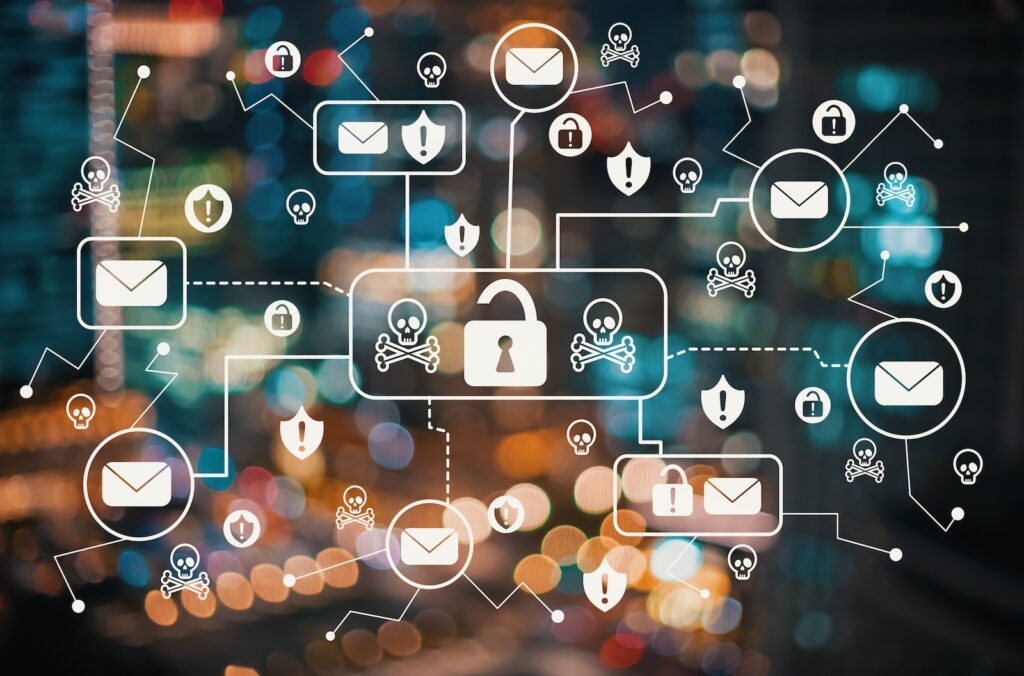The Scam That Invites Itself Over: Remote Access Cons
Have you ever gotten a random call or message from someone offering to help with problems you didn’t even know you had? Maybe they say there’s something wrong with your bank account, your computer, or your phone. It sounds helpful, right? Unfortunately, this is a common trick used by scammers to trick people out of their hard-earned money, known as a remote access scam.
Imagine this: Someone calls you, claiming to be from a company you trust. They tell you there’s a problem that needs fixing, and they can help you solve it if you just give them access to your device. Once they’re in, they can see everything you do, take your personal information, and even lock you out of your own device. It’s like giving a stranger the keys to your house and telling them where you keep your valuables.
These scammers are clever. They know how to sound convincing, pretending to be from well-known companies or government agencies. They prey on our instinct to trust those who seem to want to help us. But here’s the thing: real companies and government bodies won’t call you out of the blue to ask for remote access to your devices.
So, how can you protect yourself and your loved ones from falling victim to these scams? First, always be cautious of unexpected offers of help, especially those that require access to your personal devices or information. If you’re unsure, hang up and contact the company or agency directly using a number or email you find through their official website.
Never give control of your devices to someone you don’t know and trust. If a caller pressures you or makes you feel scared or rushed, that’s a red flag. Scammers use these tactics to push people into making quick decisions without thinking them through.
Finally, keep your devices and security software up to date. This can help protect you from scammers who take advantage of outdated systems to sneak their way in.
In a world where technology connects us in ways we never thought possible, it’s more important than ever to be cautious and informed. By understanding the signs of a remote access scam and knowing what steps you can take to protect yourself, you’re putting up a strong defense against those who wish to do you harm.
Remember, in the digital age, safety is as much about knowledge as it is about technology. Let’s stay informed, stay skeptical, and keep our personal information safe.

